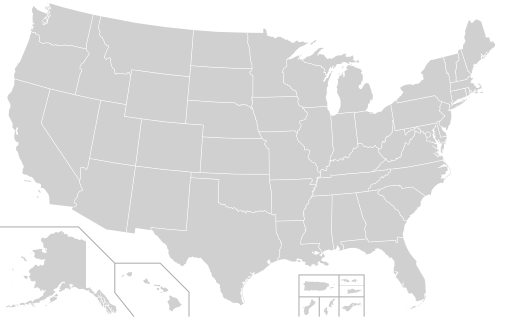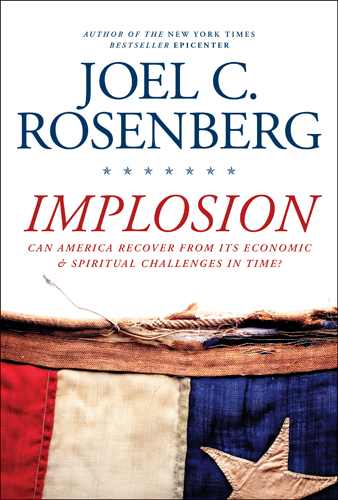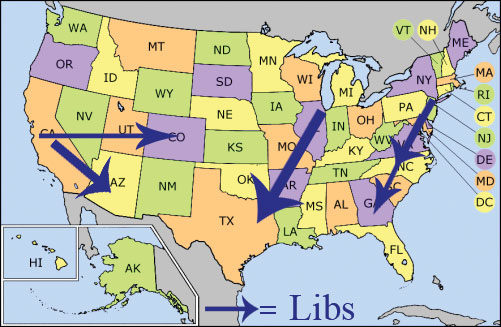For about a year, at my place of employment, I was often tasked with making fact-based arguments about how a critical decision should go one way or another. This process would usually begin with a regular, automated statistical report–showing troubling numbers–appearing in an executive’s inbox; and either the facts (on the surface) indicated that the operation was in trouble, or in danger of falling behind. Then, I would receive a phone call or email from my superior asking my opinion about what the report meant for the business, and instructing me to dive deeper into the stats to see what steps could be made to improve the operation, or what could be done to limit the pain.

What I found out over time is that live, high-level statistics are excellent indicators of reality, but they are not always true reality. I differentiate the live, high-level statistics from the post-live, low-level statistics that always indicate true reality. I am definitely not a statistician; but I do know that numbers are numbers in the end.
The 2012 Presidential Election: how do you relate the live statistics with the post-live statistics? Comparing this with what I have previously stated: the polls that come out on an almost daily rate are the live, high-level key performance indicators (KPI), and the Election Day vote tallies are the post-live, low-level stats. Everyone would agree that the latter is the true indicator of reality; but also, I do not think many would argue that the KPI is not a good indicator of reality. The presidential election polls are a good indicator of reality. They are based on highly researched algorithms of probability, among other realms of statistics I dare not delve into. I can look at presidential polls (whether national or state-level), and make very educated guesses based on those polls.
If the just polls were the actual election statistics, President Obama would likely be reelected–though this could be argued. Yes, the methods and formulas could be questioned; yet overall, both campaigns and the general public base their strategy on them. This is similar to the business decision-making at my place of employment. A report is received, and decisions are constantly made based on the facts of that report. However, the report is not always the true indicator of what is actually happening. And that is where a little thing called intuition comes into play.
Intuition is using those statistical KPI’s, while also taking into account past experience and current perception; and with that, making an educated opinion of what the final outcome will be. If I would have based my opinions–and therefore decisions–on only the statistical KPI’s, the outcome would often have been undesired. That is why I would always try to look below the surface, possibly look further into the statistics; but also recollect my past experiences and formulate a perceptional opinion. The ironic thing is that perception is not at all a science. Some would argue that a wise opinion can not be based on perception; which is true to a certain extent. But I would argue that perception can be factored into an argument. There are some things that machines and numbers cannot indicate to a human. Human intuition can be dangerous, but when utilized with facts, it can be extremely powerful.
That is why I would like to make some Presidential election predictions: based on the KPI’s (polls), my past experiences, and current perception–similar to how I would have made a prediction a year ago regarding business operational performance.
- Can I be wrong? For sure.
- Will my predictions be correct? The overall probability odds are against me.
- Am I expecting to be wrong on the final outcome? Not at all.
- What are the odds of me being correct on every state? I would guess 1:10.
- Am I a fortune teller? That depends. I charge $500.00 an hour: results are not guaranteed.
- Was that last question a joke? Yes.
So, a couple of times within the next few days before the election, I will publish my highly-prone-to-error predictions on what the state-by-state results will be, along with the final outcome. Stay tuned!





